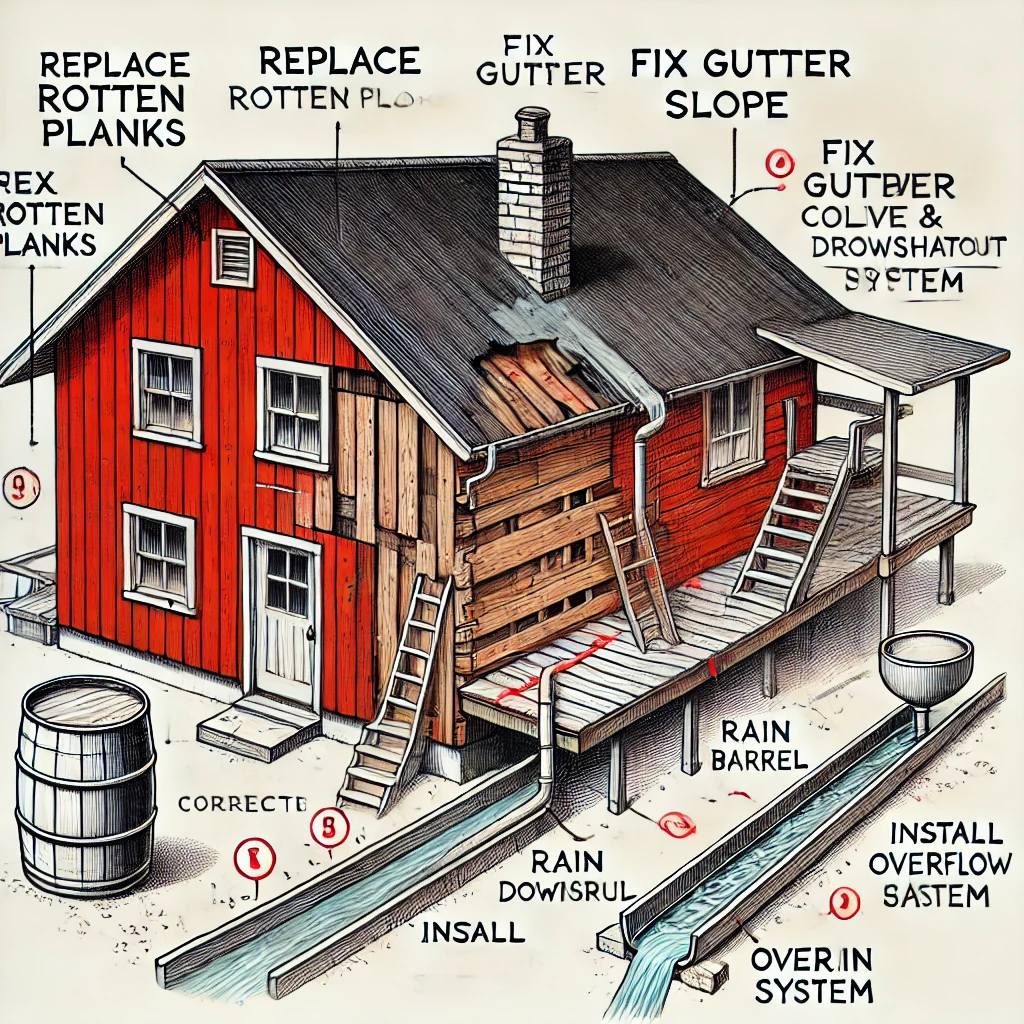
Are our politicians bullies?
by bernt & torsten
Bullying is often seen as a problem confined to schools, but its effects extend far beyond childhood. Many people believe bullying is just a part of growing up; however, research and experience show that individuals who exhibit bullying behaviour in youth may continue these patterns as adults - only their tactics and targets evolve.
What is Bullying?
According to Wikipedia http://en.wikipedia.org/wiki/Bully, bullying involves tormenting others through verbal harassment, physical assault, or more subtle methods such as manipulation and coercion. Importantly, there is currently no universal legal definition of bullying. However, its manifestations are evident not only among children, but also in the adult world - including in politics and other positions of power.
Bullying Behaviour in Adults and the Workplace
When bullies enter adulthood, they often seek careers where they can exercise authority and dominance, such as roles in law enforcement, the military, prison systems, and especially politics. In Canada, politicians with legal backgrounds may exercise “soft” bullying by shaping, amending, or creating new laws that affect citizens’ rights and freedoms.
Political Bullying: Election Campaign Tactics in Canada
Political bullying is especially apparent during election campaigns. Politicians and parties often use manipulative tactics to sway public opinion and secure votes. Negative political ads, smear campaigns, out-of-context soundbites, and personal attacks on opponents have become common in Canadian political discourse. For example, the Harper government notoriously ran TV advertisements to undermine Stéphane Dion’s leadership and environmental policies through misleading editing. Such actions are clear examples of bullying in Canadian politics.
Bullying’s Impact on Democracy and Society
Many Canadians are rightly concerned about bullying in schools. Yet, when similar bullying behaviour appears in parliament, with politicians verbally harassing, discrediting, or manipulating their rivals, there is often little outcry. This kind of political bullying erodes trust in government, undermines healthy debate, and distracts from real issues that affect Canadians’ welfare, environment, and health.
How Can Canadians Stop Bullying in Government?
Canadian voters must recognize and reject bullying behaviour in politics. By supporting parties and leaders who prioritize genuine discourse, transparency, and constructive debate over manipulative or negative tactics, citizens can help foster a healthier democracy. Standing against bullying in politics is vital to address societal challenges and ensure that government serves the interests of all Canadians.
Conclusion
Bullying should not be accepted as normal behaviour - whether in schools, workplaces, or the halls of parliament. As citizens, we must demand accountability from our political leaders, resist negative campaign tactics, and vote for those who demonstrate respect, openness to change, and a focus on real issues. Only by standing up against political bullying can we create a stronger, more respectful Canadian society.

Tech Disillusionment
For four decades, I have worked in the tech industry. I started in the 1980s when computing...

A Poem: The Consultant's Message
On a Friday, cold and gray,
The message came, sharp as steel,
Not from those we...

Using AI to Plan Wall Repair and Gutter Installation
In this article, I will share my experience using AI to plan the work required to fix a wall...